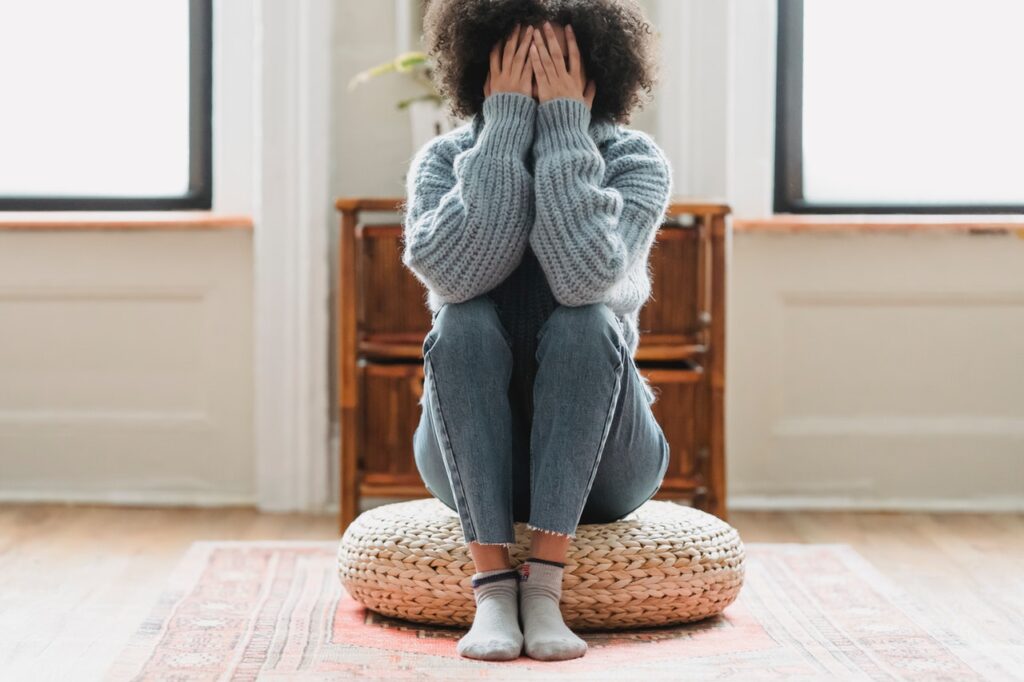Guest post by Reid Peterson, Grief Refuge

Anger is a common experience when you’re grieving. It’s intense, uncomfortable, and powerful. You may feel like you can be angry at many different people, for many different reasons. You may be angry at your loved one for dying in the first place. Their death may have resulted from one of the choices they made. You may recall memories of some of the things they did when they were alive, something you had a hard time accepting, and that makes you angry now. You may also discover something about your loved one that you weren’t aware of when they were living. That can make you angry too.
Continue reading Understanding Anger As Part of Grieving →


 If there is one issue that can create division, and even anger, in a room full of widows and widowers, it’s the topic of dating after the loss of a spouse. Of all the subjects in all the groups that I’ve ever facilitated, this may be the most controversial.
If there is one issue that can create division, and even anger, in a room full of widows and widowers, it’s the topic of dating after the loss of a spouse. Of all the subjects in all the groups that I’ve ever facilitated, this may be the most controversial. There is a term called “Disenfranchised Grief” and it can be used to describe any time a person’s loss is not being validated or substantiated by those closest to them.
There is a term called “Disenfranchised Grief” and it can be used to describe any time a person’s loss is not being validated or substantiated by those closest to them.
 ’s what you don’t expect when suffering with the grief of losing someone you love; that suddenly the majority of the people you spend time with (family, friends, coworkers) are afraid of you.
’s what you don’t expect when suffering with the grief of losing someone you love; that suddenly the majority of the people you spend time with (family, friends, coworkers) are afraid of you.
 YOU SHOULD READ THIS: (And if you’re dealing with loss, that should be the last time you should listen to anyone telling you what you should do.)
YOU SHOULD READ THIS: (And if you’re dealing with loss, that should be the last time you should listen to anyone telling you what you should do.)